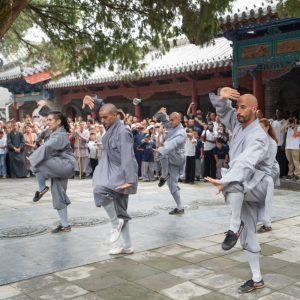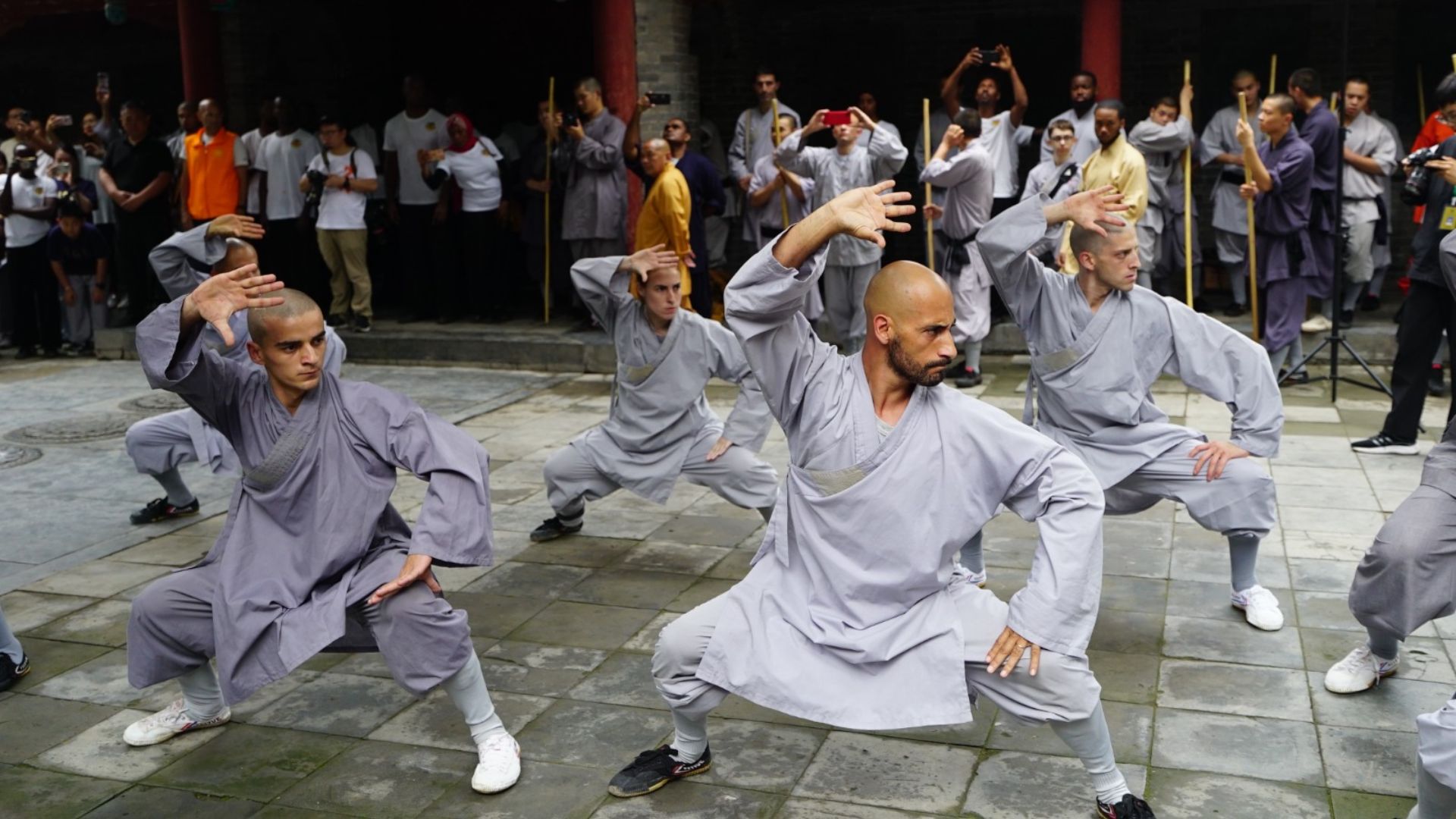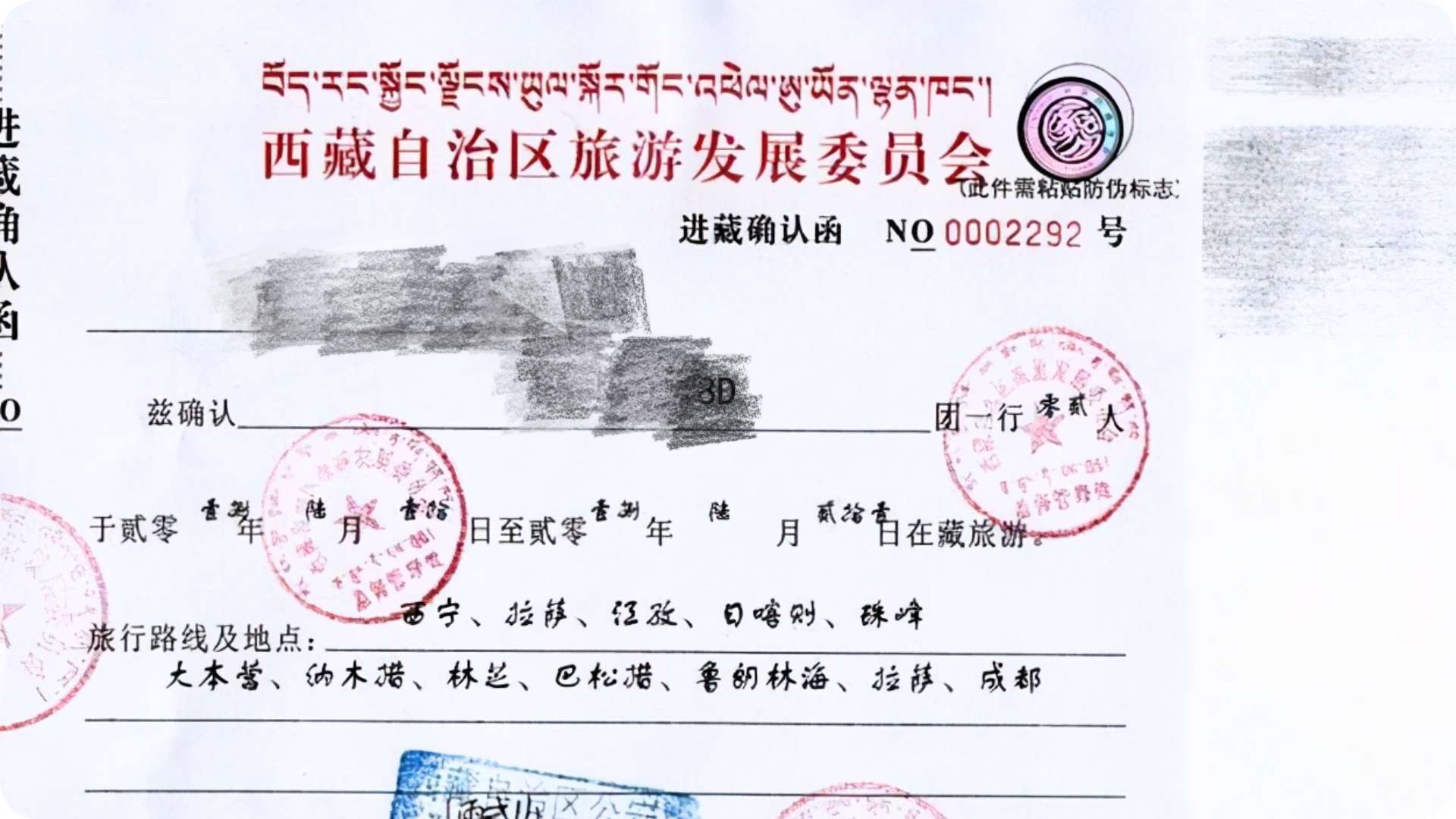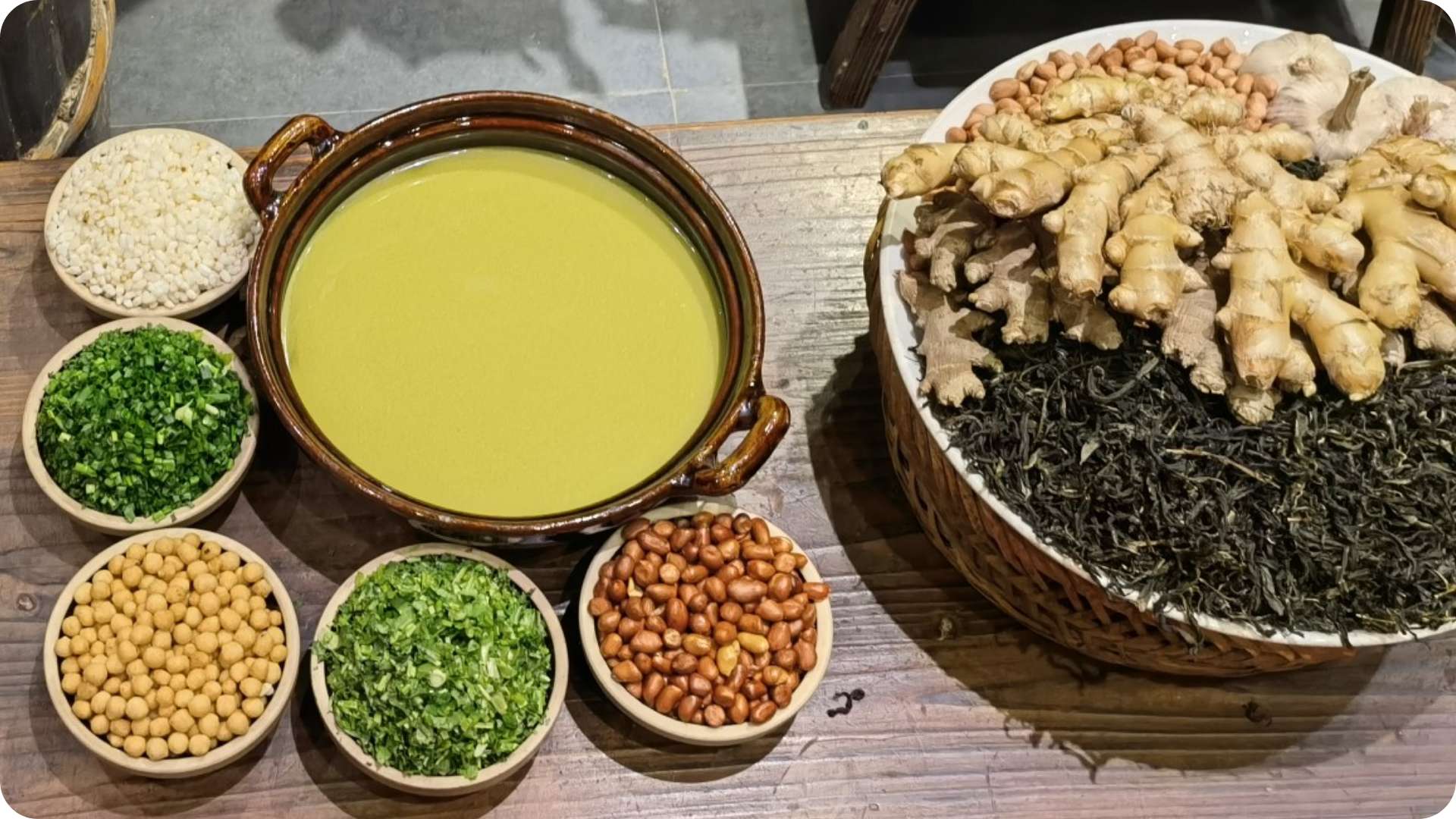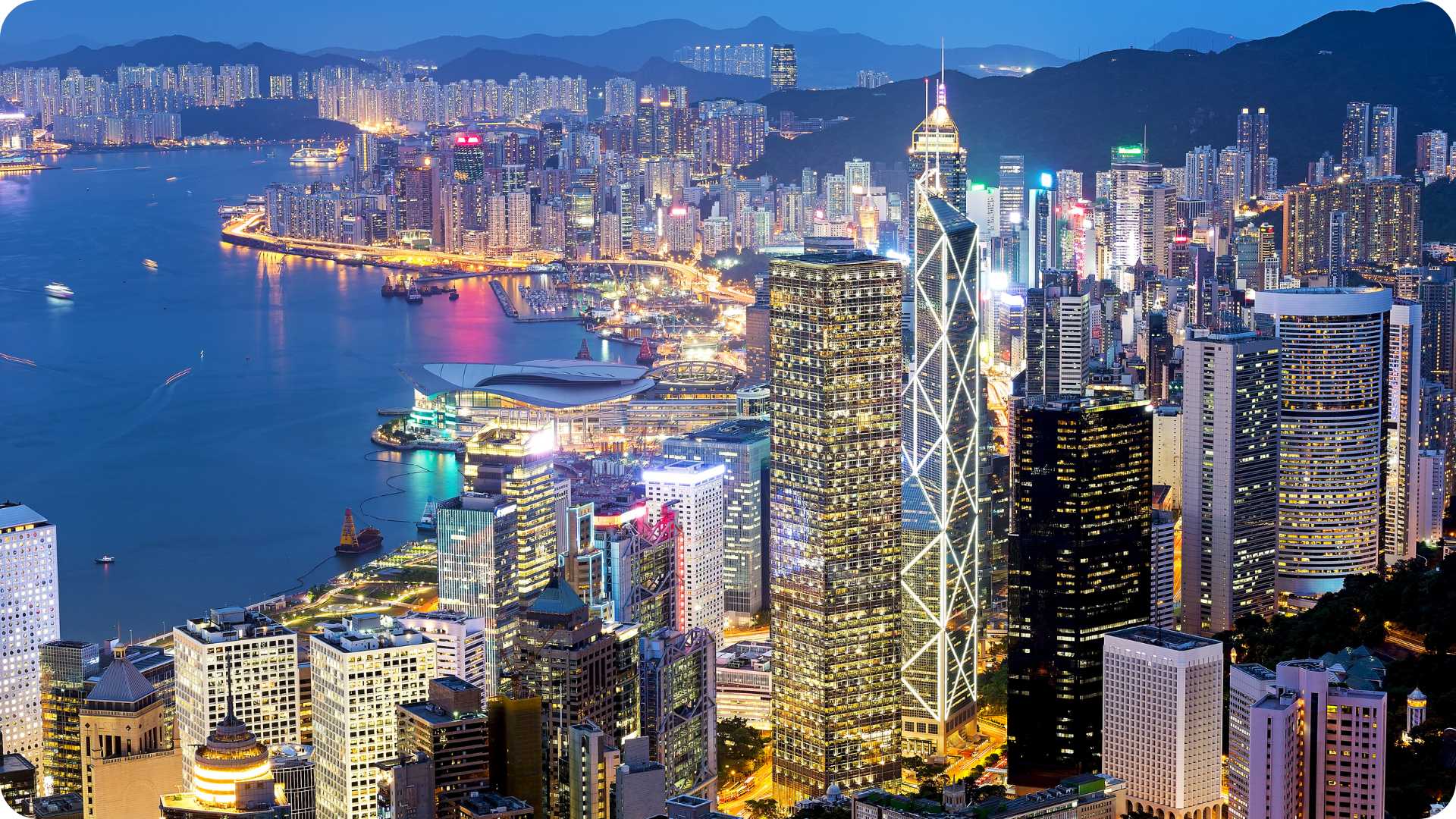How to Obtain a Tibet Travel Permit: Required Documents and Step-by-Step Process.
How to Obtain a Tibet Travel Permit?
What is the Tibet Travel Permit?
The Tibet Travel Permit, also known as the ‘Tibet Entry Permit’ or simply the ‘Tibet Permit,’ is a mandatory document required for all international travelers (foreign passport holders) to enter and travel within the Tibet Autonomous Region of China. It is an official document issued by the Tibet Tourism Bureau. Travelers are not allowed to visit Tibet without this permit.
Please note: The Tibet Travel Permit application is only open to travel agencies registered with the Tibet Tourism Bureau. This means that all international travelers must book a guided tour through a registered travel agency in order to apply for the permit. The Tibet Tourism Bureau does not accept individual applications.
What’s the difference between the Tibet Travel Permit and a Chinese visa?
The Tibet Travel Permit is not the same as a Chinese visa; they involve completely different application processes and channels. A Chinese visa is an essential document required for entry into China, issued by a Chinese consulate or visa application center, and it is affixed to your passport once granted. On the other hand, the Tibet Travel Permit is a separate, essential travel document that must be applied for through a registered Tibet travel agency. It is a printed and stamped document issued by the Tibet Tourism Bureau, specifically required for international travelers whose itinerary includes Tibet due to its travel restrictions.

Who Needs a Tibet Travel Permit?
● Foreign Tourists: All non-Chinese passport holders.
● Taiwan Passport Holders: Also need this permit to enter Tibet.
● Diplomats, Journalists, and Government Officials: These groups require special permits and are handled differently through diplomatic channels.
How to Apply for A Tibet Travel Permit
The application for a Tibet Travel Permit cannot be submitted by individuals themselves. It must be arranged through a licensed travel agency in China. The agency will handle the paperwork and obtain the permit on behalf of the traveler.
Book a Tour with a Licensed Travel Agency
All foreign travellers must book a tour (Group tour or Private tour) through an authorised travel agency in China. Independent travel in Tibet is not permitted. The agency will handle the Tibet Travel Permit application on your behalf.
Obtain a Chinese Visa
You need a valid Chinese visa before applying for the Tibet Travel Permit. The permit cannot be issued without it.
If you’re entering Tibet from Nepal, you’ll need to apply for a Group Visa via the Chinese Embassy in Kathmandu, arranged by Tibet local travel agency.
Submit Your Documents
● A clear scan of your passport (must be valid for at least 6 months).
● A scan of your Chinese visa.
● Your planned itinerary within Tibet (Before applying for a Tibet Travel Permit, confirm your itinerary with the travel agency. Once the permit is approved, it cannot be changed, so finalise the regions, attractions and travel dates in advance to avoid issues.)
Wait for Processing
The travel agency will submit your documents and application to the Tibet Tourism Bureau. The process takes 10-15 days, so plan ahead and start the process at least one month before your intended travel date.
Receive the Permit
If you’re flying to Tibet, we will send the permit to your hotel in China or directly to the airport. You need to show the permit before boarding.
If you’re traveling by train, you will need the permit for the train station check-in.
Additional Permits
If you plan to travel to restricted areas like Mount Everest, Shigatse, or Ngari, you will need additional permits such as:
● Alien’s Travel Permit.
● Military Permit for sensitive border areas.
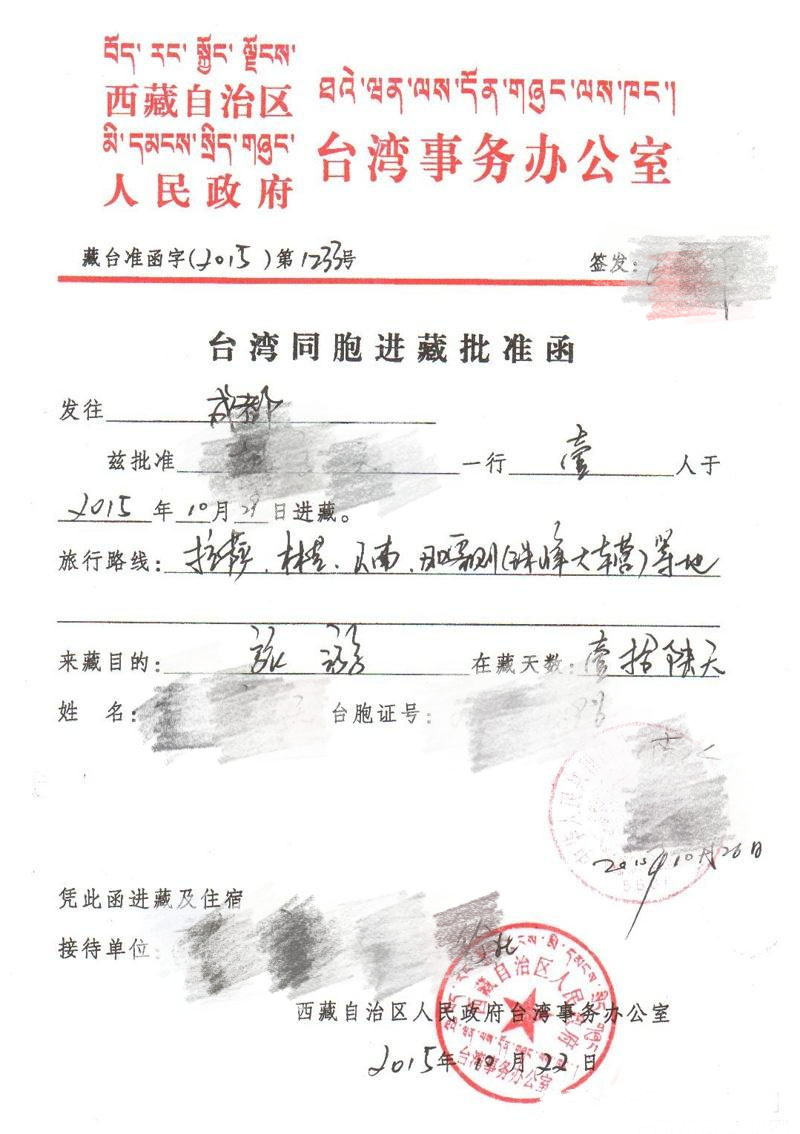
Documents Required
● To apply for the Tibet Travel Permit, you will need:
● Scanned Copy of Passport: A clear scan of the personal information page of your passport.
● Chinese Visa: If you’re traveling on a tourist visa (L Visa), you must submit a scanned copy of your valid visa for China.
● Travel Itinerary: A detailed travel plan for your stay in Tibet, including destinations and travel dates.
● Group Tour Confirmation: International tourists must be part of a pre-arranged tour, so a confirmation from local travel agency is essential.
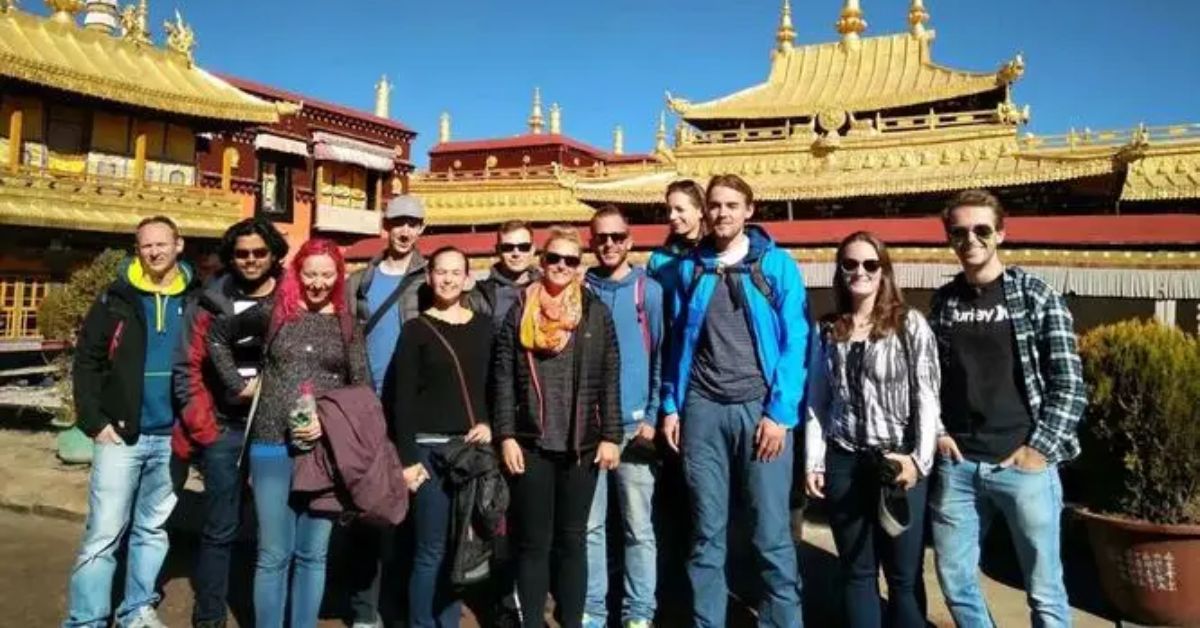
Application Tips
● Submit the necessary documents to local travel agency at least 20 days in advance. Processing the permit takes around 8-10 business days, but during peak tourist seasons, delays can occur.
● Independent travel is not allowed. Ensure your itinerary is organised through a licensed Tibetan travel agency.
● Your itinerary should be as specific as possible because the permit is often tied to your travel route. Be mindful that any changes to your schedule may require re-application or updates to the permit.
● Without this permit, you cannot board flights or trains to Tibet. Ensure the travel agency arranges for the permit to be sent to you before your departure.
● If you’re entering Tibet from Nepal, you’ll need a Group Visa, which is arranged through the Chinese Embassy in Kathmandu. If you plan to visit restricted areas in Tibet (such as Mount Everest or Shigatse), you may also need an Alien Travel Permit or Military Permit, which can be arranged through the travel agency.
Popular Tours
- Location5
- Amenities4
- Services5
- Price5
- Rooms5
- Location5
- Amenities4
- Services5
- Price5
- Rooms4
- Location5
- Amenities5
- Services5
- Price4.5
- Rooms5
- Location5
- Amenities5
- Services5
- Price5
- Rooms5
- Location5
- Amenities4
- Services5
- Price5
- Rooms5
- Location5
- Amenities5
- Services5
- Price5
- Rooms5
Application Form
If you need assistance with applying for a Tibet Travel Permit, feel free to email us at any time!



